The BEST episodes directed by Arif Nurmohamed
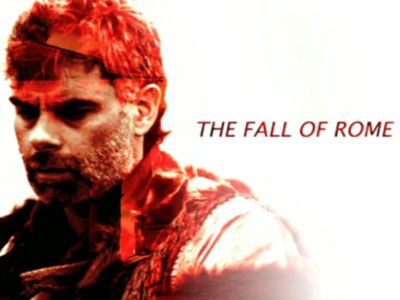
#1 - Fall of Rome
Ancient Rome: The Rise and Fall of an Empire - Season 1 - Episode 6
Under emperor Honorius Rome was still the nominal, eponymous capital, but his seat of government was the palace in Ravenna, an Adriatic port closer to the borders under constant threat as irresistible attacks from the east by nomadic peoples like the Huns caused a chain-reaction of westward migrations, forcing people like the Goths (who lived by the Black Sea) to invade the Roman imperial territory. Stilicho had allowed them to live there, but after his disgrace and execution on the instigation of Olympius, the new imperial chief councilor, all 'barbarians' were slaughtered or fled to such remote regions as the mountainous central European province of Noricum, where the Goths await the final assignation of land they were promised; when king Alaric realizes that is no longer Honorius' intent, he decides not to attack his naturally sheltered residence in Ravenna, but to lay siege to Rome itself, no longer properly defended as the imperial army is overstretched by rebellion in Gaul and invasions by other barbarians, especially across the Rhine. The idea was first to extract the treasures of Rome and then the promised land, a rich peace, but the gold and silver brought by a senatorial delegation are less then hoped and Honorius never assigns the land. Olympius makes a failed attempt to bring reinforcements once Alaric had retreated, but his army is slaughtered, causing Honorius to disgrace him in favor of Iovius. Alaric tries to make Honorius concede by 'strongly suggesting' the senate to declare its own 'hero' Attalus the new emperor of Rome, but Jovius soon gets him discredited with the Romans by cutting the food supply to the city from its main source, North Africa. After a peace negotiation is ruined by Sestus, a Gothic former rival of Alaric who became a Roman general but fell out of favor, who on his own attacks Alarics delegation, the king survives but can no longer resist the urge of his own people for action, so he has potential coup leader Berig executed and f
Watch Now:Amazon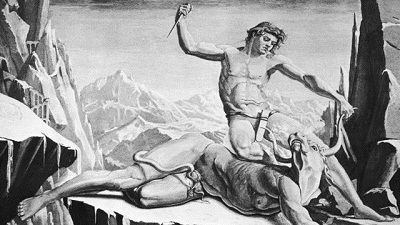
#2 - Greek Myths: Tales of Travelling Heroes
BBC Documentaries - Season 2010 - Episode 97
Eminent classical historian Robin Lane Fox embarks on a journey in search of the origins of the Greek myths. He firmly believes that that these fantastical stories lie at the root of western culture, and yet little is known about where the myths of the Greek gods came from, and how they grew. Now, after 35 years of travelling, excavation and interpretation, he is confident he has uncovered answers.
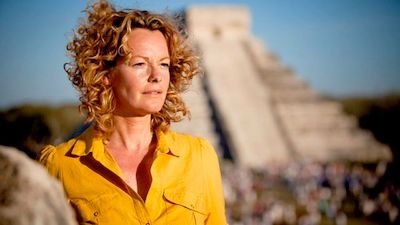
#3 - Tilt
Orbit: Earth's Extraordinary Journey - Season 1 - Episode 3
In this final episode we complete our journey, travelling back from the March equinox to the end of June. Kate Humble is in the Arctic at a place where spring arrives with a bang, whilst Helen Czerski chases a tornado to show how the earth's angle of tilt creates the most extreme weather on earth.
Watch Now:Amazon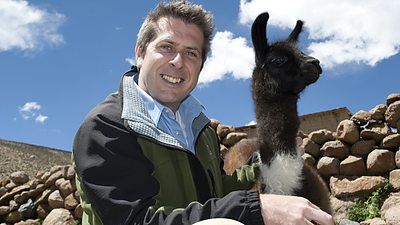
#4 - The Americas
Rise of the Continents - Season 1 - Episode 3
200 million years ago North and South America were carved from Pangaea, and pushed westwards as separate island continents. The episode explains how subduction has created the longest continual mountain range in the world - the Andes, and how 300 million years ago New York was at the heart of a huge mountain range.[1] Using llama as an example, Iain explains how most of South America's wildlife originated in North America, and only came south when the two island continents of North and South America joined three million years ago.
Watch Now:Amazon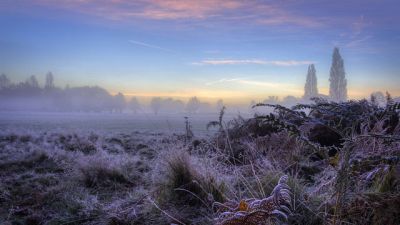
#5 - Michael Wood on Beowulf
BBC Documentaries - Season 2009 - Episode 68
Historian Michael Wood returns to his first great love, the Anglo-Saxon world, to reveal the origins of our literary heritage. Focusing on Beowulf and drawing on other Anglo-Saxon classics, he traces the birth of English poetry back to the Dark Ages.